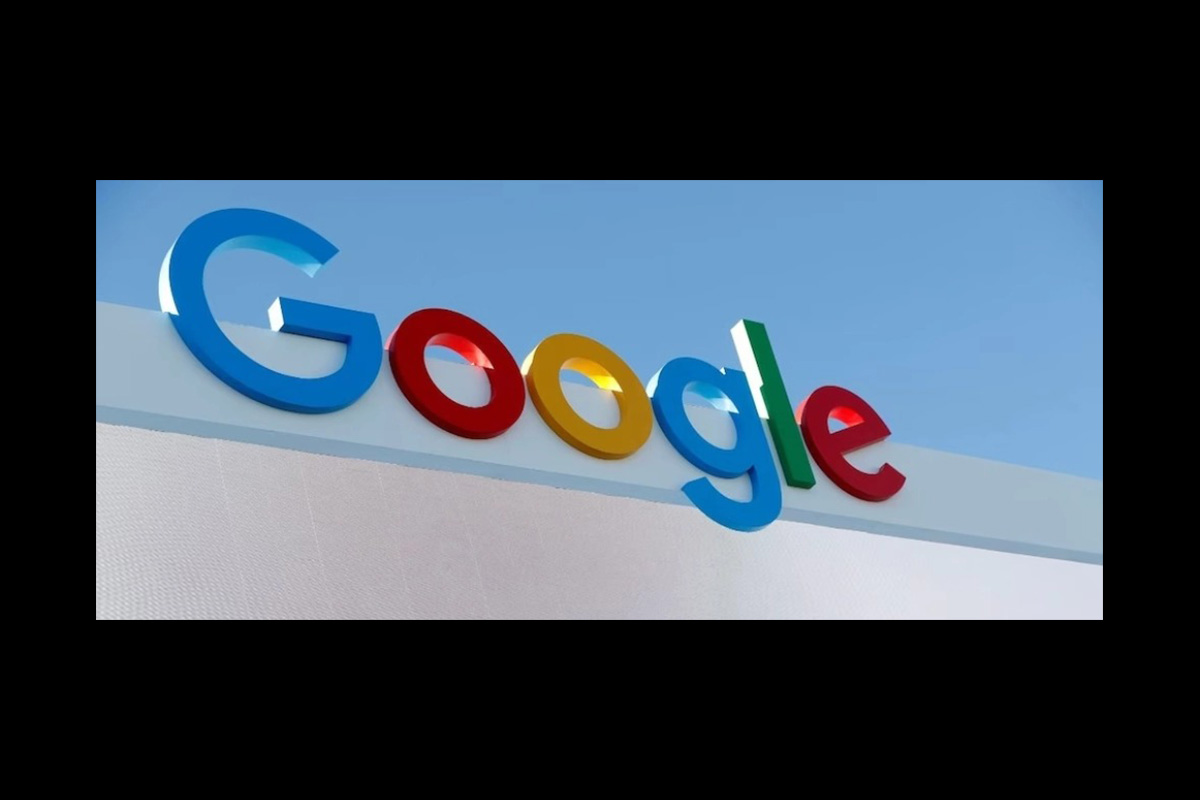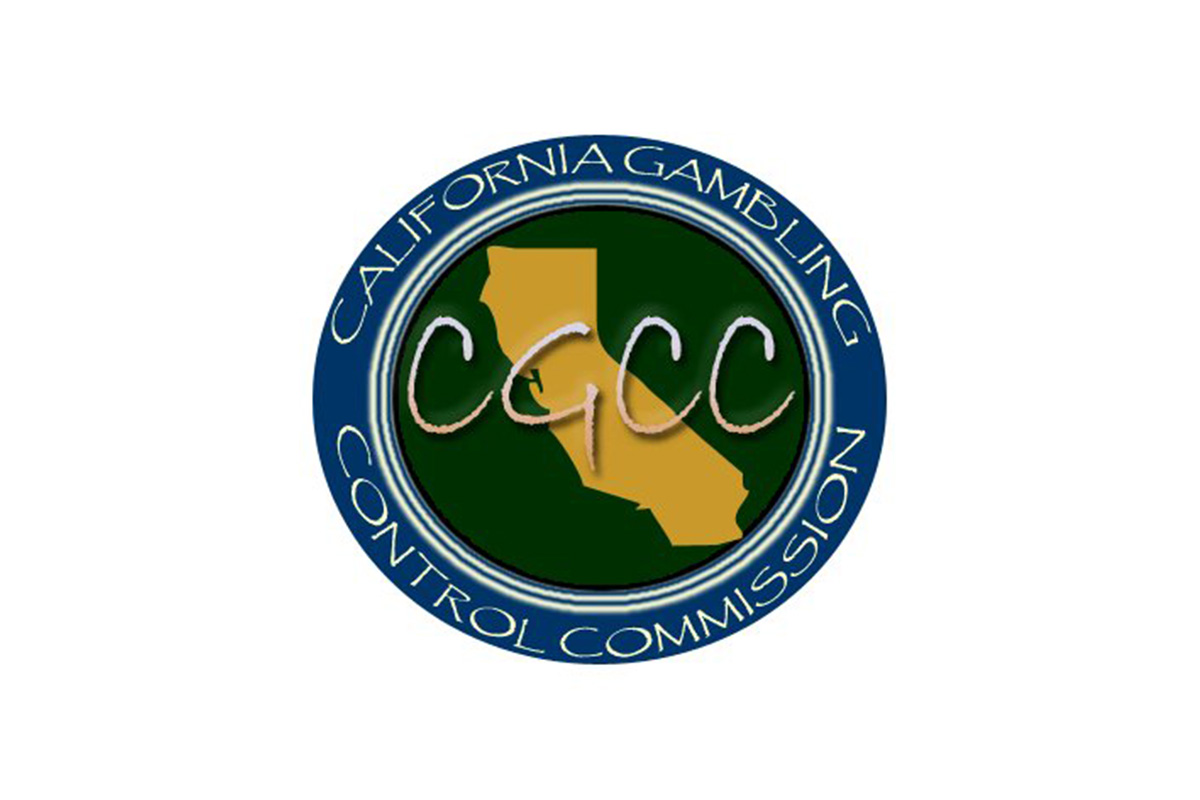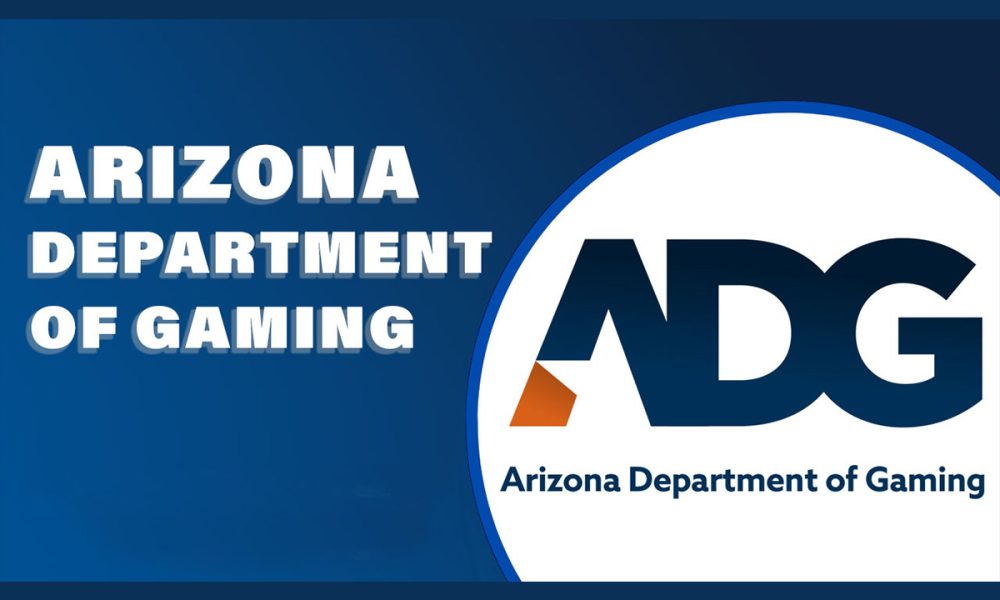

Compliance Updates
Google Updates Gambling Ad Policy for Germany
Google has announced significant changes to its Gambling and games policy specifically for the German market. The update, set to take effect on September 25, 2024, introduces stricter requirements for gambling operators and brokers seeking to advertise on Google’s platforms in Germany. This policy revision aims to align Google’s advertising practices with German regulations and ensure compliance with local gambling laws.
According to the announcement, which came exactly one month before the implementation date, only gambling operators and brokers licensed by the Gemeinsame Glücksspielbehörde der Länder (GGL) will be eligible to apply for advertising certification for gambling products outlined in Google’s Gambling and games policy. The GGL, which translates to the Joint Gambling Authority of the German Federal States, is the central regulatory body overseeing gambling activities in Germany.
This policy update represents a significant shift in Google’s approach to gambling advertisements in the German market. Previously, a broader range of gambling-related services could potentially advertise on Google’s platforms. However, with the new policy, applications from advertisers of online gambling services who do not meet the GGL licensing criteria will no longer be accepted. This change extends to services offering gambling aggregation, such as websites that link to multiple offers from different operators on their landing pages.
The implications of this policy update are far-reaching for the online gambling industry in Germany. Existing certifications for services that do not meet the new criteria will be revoked on the policy’s effective date, September 25, 2024. This revocation will prevent these services from running gambling ads targeted at the German market through Google’s advertising platforms.
To understand the full impact of this policy change, it’s essential to delve into the technical aspects of Google’s advertising ecosystem. Google Ads, the primary platform for advertisers to reach Google’s vast user base, operates on a complex system of policies and certifications. The Gambling and games policy is a crucial component of this system, designed to ensure that gambling-related advertisements comply with local laws and regulations.
The certification process for gambling advertisers on Google involves several steps. Advertisers must first ensure they meet the eligibility requirements for their specific country or region. With the new policy update, this eligibility in Germany will be directly tied to GGL licensing. Once eligibility is confirmed, advertisers must complete an application process, which includes providing detailed information about their gambling operations and licenses.
Google’s policy update reflects the evolving regulatory landscape of online gambling in Germany. The country has implemented stricter controls on online gambling in recent years, culminating in the establishment of the GGL as a centralised regulatory authority. This move towards centralised regulation aims to create a more consistent and controlled environment for online gambling across all German states.
The policy change also highlights the challenges faced by multinational technology companies in navigating diverse regulatory environments across different countries. Google, as a global platform, must balance its business interests with compliance with local laws and regulations. This often results in country-specific policy updates, as seen in this case for Germany.
For gambling operators and advertisers, the policy update necessitates a reevaluation of their digital marketing strategies in the German market. Those without GGL licensing will need to explore alternative advertising channels or pursue licensing if they wish to continue advertising on Google’s platforms. This could potentially lead to a shift in the competitive landscape of online gambling advertising in Germany.
It’s worth noting that Google’s policy update aligns with broader trends in digital advertising regulation, particularly in sensitive sectors like gambling. Regulatory bodies and technology platforms are increasingly focused on ensuring that online advertisements for gambling services are responsible and comply with local laws.
The timing of this announcement, coming exactly 30 days before the implementation date, provides a window for affected advertisers to adjust their strategies. However, given the complexity of obtaining gambling licenses, this timeline may pose challenges for operators not already in the process of securing GGL licensing.
Google’s policy update also raises questions about the future of gambling advertising on other digital platforms. As major tech companies often follow similar regulatory trends, it’s possible that other advertising platforms may implement comparable policies in the German market or other jurisdictions with strict gambling regulations.
From a technical standpoint, the implementation of this policy will likely involve updates to Google’s ad review systems.
The post Google Updates Gambling Ad Policy for Germany appeared first on European Gaming Industry News.
California
California Gambling Control Commission Issues New Precedential Decision on Licensing Requirements

The California Gambling Control Commission has issued a new Precedential Decision that addresses licensure requirements for funding sources of Third-Party Providers of Proposition Player Services (TPPPS).
The decision, formally titled Precedential Decision 2025-01, was adopted on August 21, 2025, and is now available on the Commission’s Precedential Decisions page
along with all prior precedential rulings.
This latest decision provides further clarity on licensing obligations and regulatory expectations for individuals and entities involved in funding TPPPS operations—a key aspect of maintaining integrity and oversight in California’s regulated gambling industry.
Stakeholders and members of the public can stay informed by subscribing to receive notifications when new Precedential Decisions are under consideration or adopted. The Precedential Decisions Subscription Signup Form, along with other subscription options for Commission meeting agendas, newsletters, and rulemaking updates, is available on the Commission’s website.
For questions or additional information, contact the Commission at (916) 263-0700 or via email at [email protected]
.
The post California Gambling Control Commission Issues New Precedential Decision on Licensing Requirements appeared first on Gaming and Gambling Industry in the Americas.
Arizona Department of Gaming
Arizona Department of Gaming Issues Cease-and-Desists on “Phoenix Dream Home Sweepstakes”

The Arizona Department of Gaming (ADG) issued cease-and-desist orders to Raffall, a company based in the UK, and to an Arizona resident using the platform to promote the “Phoenix Dream Home Sweepstakes,” currently advertised online and through a separate website, winthisazhome.com, which is marketing the chance to “Win a Luxury $1.3M Arizona Mountainside Home”.
According to the Department’s investigation, the promotion required participants to purchase entries for a prize to be awarded and promised either a home transfer or a cash payout, depending on sales volume. The investigation further determined that the organizers intended to profit from ticket sales. Based on these findings, the Department alleges the activity constitutes an illegal gambling operation under Arizona law.
As part of the enforcement action, Raffall has been directed to remove all gambling-related drawings or giveaways targeting Arizona residents, and the Arizona resident has also been ordered to cease promoting or conducting any unlawful gambling activity.
“Illegal gambling can take many forms and it does not matter if it is labeled a sweepstakes, raffle, giveaway, or drawing. Unregulated operations put Arizonans at risk because there is no oversight, and therefore no accountability or safeguards in place. The Department will continue to take enforcement action to protect consumers, and we urge the public to learn what is legal before participating in or hosting any gambling activity,” said Jackie Johnson, Director of the Arizona Department of Gaming.
The post Arizona Department of Gaming Issues Cease-and-Desists on “Phoenix Dream Home Sweepstakes” appeared first on Gaming and Gambling Industry in the Americas.
Australia
Entain’s Andrew Vouris to Speak at Regulating the Game 2026

Leading gaming law and regulation conference Regulating the Game has announced the newly appointed CEO of Entain Australia and New Zealand as its first Featured Speaker for its March 2026 event in Sydney.
The conference is scheduled to take place from 9 to 11 March 2026 at the Sofitel Sydney Wentworth.
Andrew Vouris, who was appointed CEO of Entain Australia and New Zealand in August, brings almost two decades of leadership experience in wagering, operations and innovation at some of Australia’s largest wagering operators.
His career spans senior leadership roles in Tabcorp’s multi-billion dollar wagering and media business, heading global operations of a pioneering esports and wagering platform, and partnering with private equity to build early-stage ventures in esports. Across these roles he has been deeply engaged in navigating complex regulatory and compliance challenges.
Since stepping into the CEO role at Entain Australia and New Zealand, Vouris has outlined his desire to embed a culture of “win, but not at all costs”, to return to the basics of selling bets and to lead innovation while ensuring customers are protected.
“I am grateful for the opportunity to speak at Regulating the Game 2026, which provides a unique global platform for advancing dialogue between regulators, industry and thought leaders,” Vouris said.
“At a time when public expectations and regulatory demands are at an all-time high, I look forward to sharing Entain’s vision for balancing sustainable growth, compliance leadership, and customer protection.”
Paul Newson, Principal at Vanguard Overwatch and founder of Regulating the Game, added: “Andrew’s leadership vision for Entain and his extensive track record across wagering and esports bring an important perspective to Regulating the Game 2026. His focus on culture, compliance and innovation aligns strongly with the values of the conference, and we are thrilled to feature his insights as part of this year’s program.”
The post Entain’s Andrew Vouris to Speak at Regulating the Game 2026 appeared first on European Gaming Industry News.
-

 gaming3 years ago
gaming3 years agoODIN by 4Players: Immersive, state-of-the-art in-game audio launches into the next generation of gaming
-
EEG iGaming Directory9 years ago
iSoftBet continues to grow with new release Forest Mania
-
News8 years ago
Softbroke collaborates with Asia Live Tech for the expansion of the service line in the igaming market
-
News7 years ago
Super Bowl LIII: NFL Fans Can Bet on the #1 Sportsbook Review Site Betting-Super-Bowl.com, Providing Free Unbiased and Trusted News, Picks and Predictions
-
iGaming Industry8 years ago
Rick Meitzler appointed to the Indian Gaming Magazine Advisory Board for 2018
-
News7 years ago
REVEALED: Top eSports players set to earn $3.2 million in 2019
-
iGaming Industry8 years ago
French Senator raises Loot Boxes to France’s Gambling Regulator
-
News7 years ago
Exclusive Interview with Miklos Handa (Founder of the email marketing solutions, “MailMike.net”), speaker at Vienna International Gaming Expo 2018









